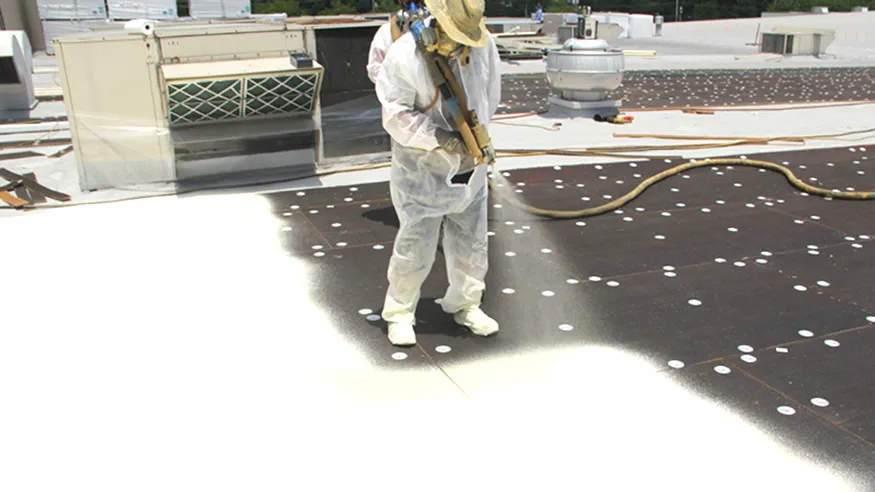
Living in Palestine, TX , means dealing with hot, sticky summers and chilly, damp winters. That kind of weather takes a toll on your comfort—and your energy bills. That’s why your choice of roof insulation matters more than you might think.
If you’re comparing spray foam insulation to more traditional options like fiberglass batts or blown-in insulation, you’re not alone. Plenty of homeowners in East Texas are trying to figure out what’s really worth the investment. Here at D&D Insulation LLC, we’ve helped a lot of folks make this decision, and in this guide, we break it down in plain English.
In this part of Texas, insulation does more than just keep your attic warm in winter. It helps your home stay cool during long stretches of 100-degree days, and it keeps humidity from creeping in and causing bigger problems—like mold or rising power bills.
When installed correctly, roof insulation can:
Not all insulation works the same, and not every method is right for every home. Here’s a look at the most popular types used around Palestine:
Spray Foam
It offers a high R-value, meaning it blocks heat and cold better than most materials. Plus, it seals up gaps where air can sneak in or out.
Traditional Options
Our Take: Spray foam wins here. It’s better at keeping the temperature steady and your energy bills down.
Spray Foam
Closed-cell spray foam actually keeps water out. That’s a big deal in a place like Palestine where high humidity and rainstorms are part of the deal.
Traditional Options
Our Take: Spray foam does a much better job at keeping out moisture and preventing mold.
Spray Foam
It stays in place for decades. No sagging. No shifting. No replacing it every few years.
Traditional Options
Our Take: If you want set-it-and-forget-it insulation, spray foam is the way to go.
Spray Foam
Yes, it costs more upfront. But once it’s installed, your home becomes more energy-efficient almost immediately—and that saves you money month after month.
Traditional Options
Our Take: Spray foam may cost more today, but it pays you back in comfort and savings over time.
With our extreme temperature swings and moisture levels, insulation that both seals and protects makes a big difference. Spray foam insulation holds up to East Texas heat, blocks moisture, and delivers consistent, reliable performance for years.
We’ve been working with homeowners in Palestine and surrounding areas for years. Our team knows how to match your home’s needs with the right insulation—whether that’s spray foam or another solution.
Got questions? Need an expert opinion?
Call us at (903) 389-5705 or send a message to [email protected] for a free insulation consultation.
Yes, at first—but spray foam can cut your heating and cooling bills by up to half, which helps you recover that cost quickly.
You sure can. With the right prep, spray foam works great on both new builds and existing homes.
Once it’s cured, spray foam is totally safe and non-toxic. We only use trusted products and professional installers.
Yes! One bonus of spray foam is that it acts as a sound barrier, making your home quieter too.
Nope. Once it’s installed properly, spray foam insulation needs no upkeep—it just works.